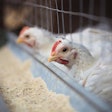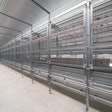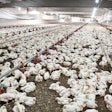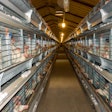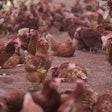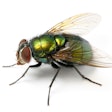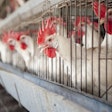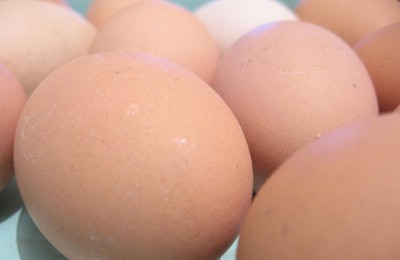
Central Valley Eggs announced the start of their second production site in California. The companies first site has been at full capacity since early 2018.
The company plans to begin construction in July 2019, the targeted completion date is September 2021. The second site will be in Tulare, California.
The facility will hold 2 million layers plus a separate pullet facility with 400,000 pullets. This is slightly smaller than the first site that holds 2.3 million hens and 750,000 pullets.
The new addition will add 130 new jobs to Central Valley.
Jeff Peterson, General Manager, said, “Our concept of cage free, done on an economical scale with careful attention to hen welfare is resonating with the marketplace.” He added, “The mandated changes caused by the passage of Prop 12 will create additional opportunities as we grow our production.”
Central Valley Eggs is a partnership with Opal Foods, Western Milling and Hickman’s Egg Ranch, formed to service California with high quality cage free eggs.
Cal-Maine Foods also investing to meet Prop 12 demands
Cal-Maine Foods is expanding its cage-free egg capacity to help meet the approaching demand for cage-free eggs brought on by the November passage of Proposition 12 in California, which will mandate that all eggs and egg products raised and sold in California come from cage-free operations.
While announcing its financial results for the third quarter of fiscal year 2019, the world’s largest egg company revealed that its board of directors on March 29 approved a major expansion for its egg production facility in Delta, Utah.
According to a press release from the company, the expansion calls for few facilities for 2 million cage-free hens, a processing plant, additional pullet capacity and renovation of existing capacity to cage-free for another 1.4 million hens, with the initial capacity to come on line beginning in late 2019 and completion by early 2022.
With these additions, the Delta facility will have approximately 3.4 million cage-free hens to help meet the demands of the California market.






